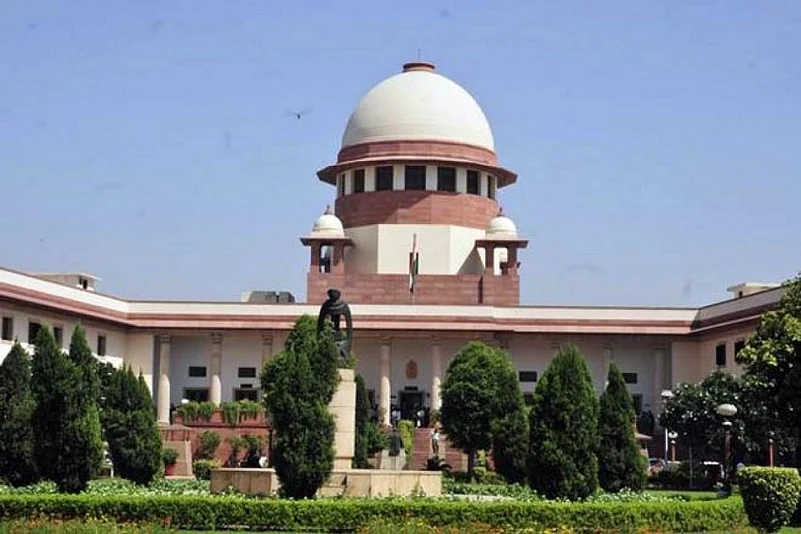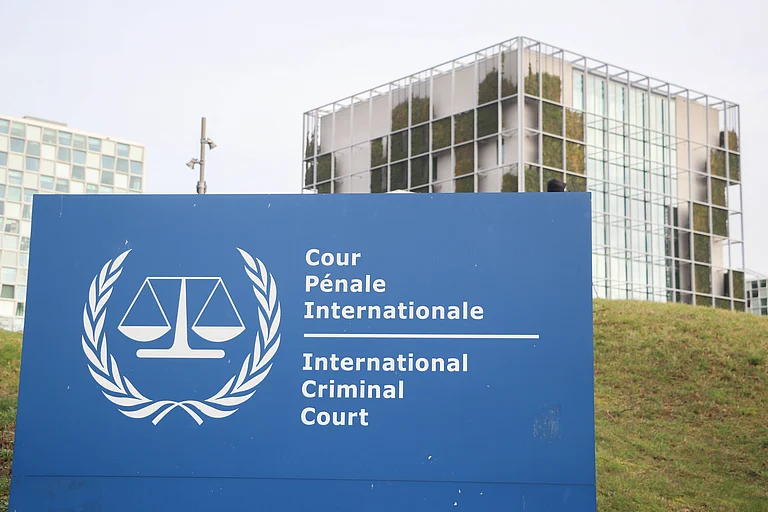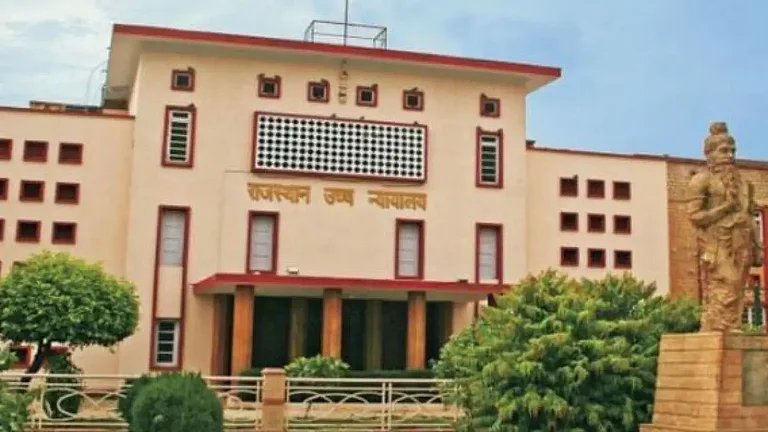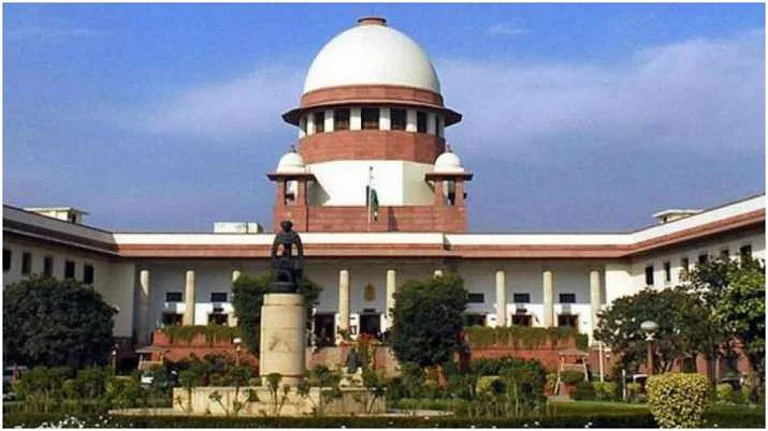
Supreme Court bench of Justices Nath and Mehta directs Rajasthan to respond within four weeks on challenge to 2025 anti-conversion Act's validity, tagging with similar petitions.
Petitioners claim law breaches Articles 14, 21, 25; grants arbitrary powers for demolitions, targets minorities via harsh penalties on "unlawful" conversions.
Act effective October 2025 amid debates on coercion vs. freedom in interfaith marriages.
The Supreme Court on Friday sought a response from the Rajasthan government on a petition challenging the constitutional validity of the Rajasthan Prohibition of Unlawful Conversion of Religion Act, 2025, intensifying the legal battle over the controversial legislation aimed at curbing alleged forced religious conversions. A bench comprising Justices Vikram Nath and Sandeep Mehta issued notice to the state and tagged the plea—filed by the Peoples Union for Civil Liberties (PUCL) and others—with similar pending petitions, directing replies within four weeks.
The petitioners argue that the Act is "arbitrary, unreasonable, illegal, and ultra vires" the Constitution, violating fundamental rights .
They contend it empowers administrative officers with unchecked powers for punitive demolitions and forfeitures without judicial oversight, creating a "chilling effect" on personal choices, particularly interfaith marriages, and targeting minorities under the guise of preventing coercion. The law, passed by the BJP-led Rajasthan Assembly in September and effective from October 2025, imposes harsh penalties: 7-14 years imprisonment and Rs 5 lakh fine for unlawful conversions, escalating to 10-20 years and Rs 10 lakh for vulnerable groups like minors, women, SC/ST individuals, or those involving deceitful marriage promises.
On November 3, the same bench agreed to examine two related petitions against the Act's provisions, questioning why challengers bypassed the Rajasthan High Court. On November 17, it issued notices on a plea by the Jaipur Catholic Welfare Society, alleging the law exceeds legislative bounds and contradicts Supreme Court precedents on religious freedom. In September, another bench sought responses from multiple states (Uttar Pradesh, Madhya Pradesh, Gujarat, and others) on pleas for stays on their anti-conversion laws, signaling a consolidated judicial review of these "love jihad" measures


























